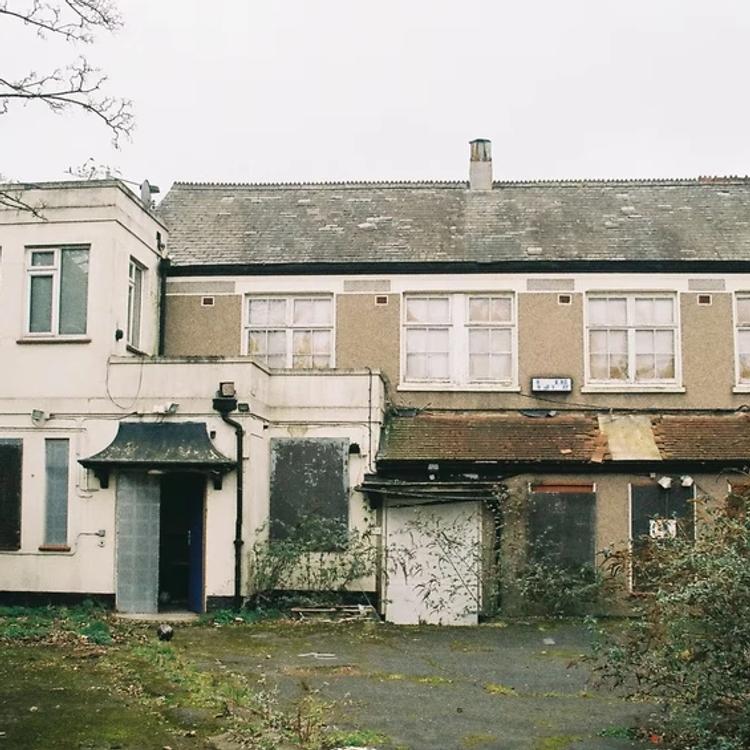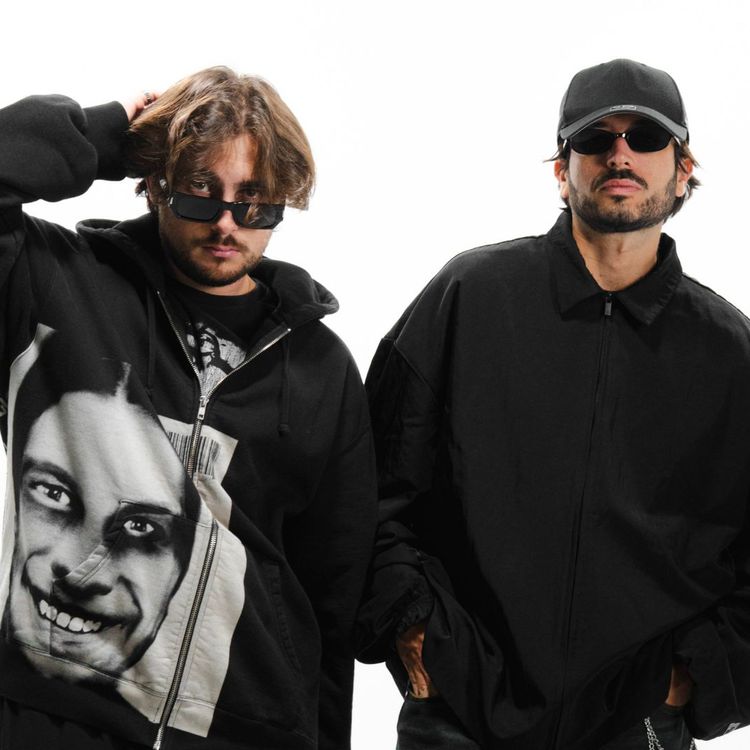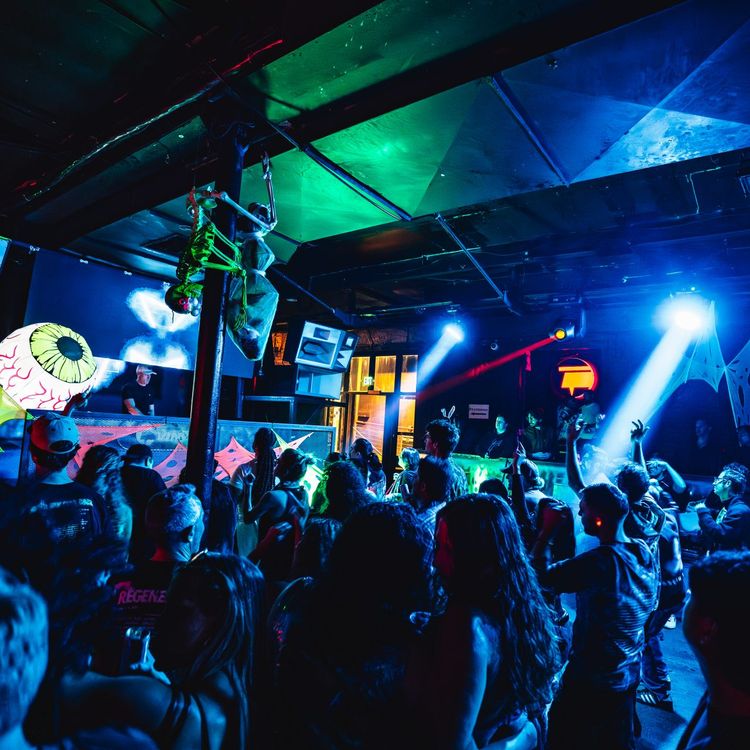The Rise, Fall, and Legacy of 1990s Techno
Techno music reached its peak popularity in the early 1990s, becoming a powerful cultural movement in Europe. After starting in Detroit, where it reflected the city’s industrial decline, the genre found a new home in Berlin. At the time, Berlin was experiencing its own dramatic transformation after the fall of the Berlin Wall and reunification of Germany. The de-industrialization of East Berlin left behind numerous empty, abandoned spaces, which became the perfect venues for underground techno raves.

One of the most famous clubs from this era was Tresor, founded by Dimitri Hegemann. It became a central hub for Berlin’s burgeoning techno scene. The city’s rave culture was seen as a way to bridge the divide between East and West Berliners, fostering unity not just in Germany but across Europe.

Events like the Love Parade drew massive crowds, celebrating peace and community. However, critics argued that the "peace" message also reflected conformity and an acceptance of the status quo.
In the UK, rave culture began to decline by the mid-1990s, but this shift led to a more thoughtful phase for techno. People started seeking music that catered to quieter, reflective moments after wild nights of partying.

This gave rise to "intelligent techno", a subgenre that focused on minimalism and intricate sound design. Albums like Warp Records’ ‘Artificial Intelligence’ presented techno as music for listening, not just dancing. This trend appealed to a more mature audience, emphasizing artistry over mass appeal.

Techno's evolution also brought commercialization. Institutions like Ministry of Sound turned dance music into a global lifestyle brand, focusing on creating high-quality music experiences for a broader audience. However, by the early 2000s, some critics declared minimal techno outdated, with its repetitive sounds losing favor in the ever-changing music scene.

Despite these challenges, Berlin has maintained its reputation as the global center of techno music innovation. Unlike the UK’s quick trend cycles, Germany embraced steady growth, allowing its scene to thrive and continue influencing artists worldwide. Today, techno's legacy remains as a symbol of creativity, unity, and resilience in changing times.
















